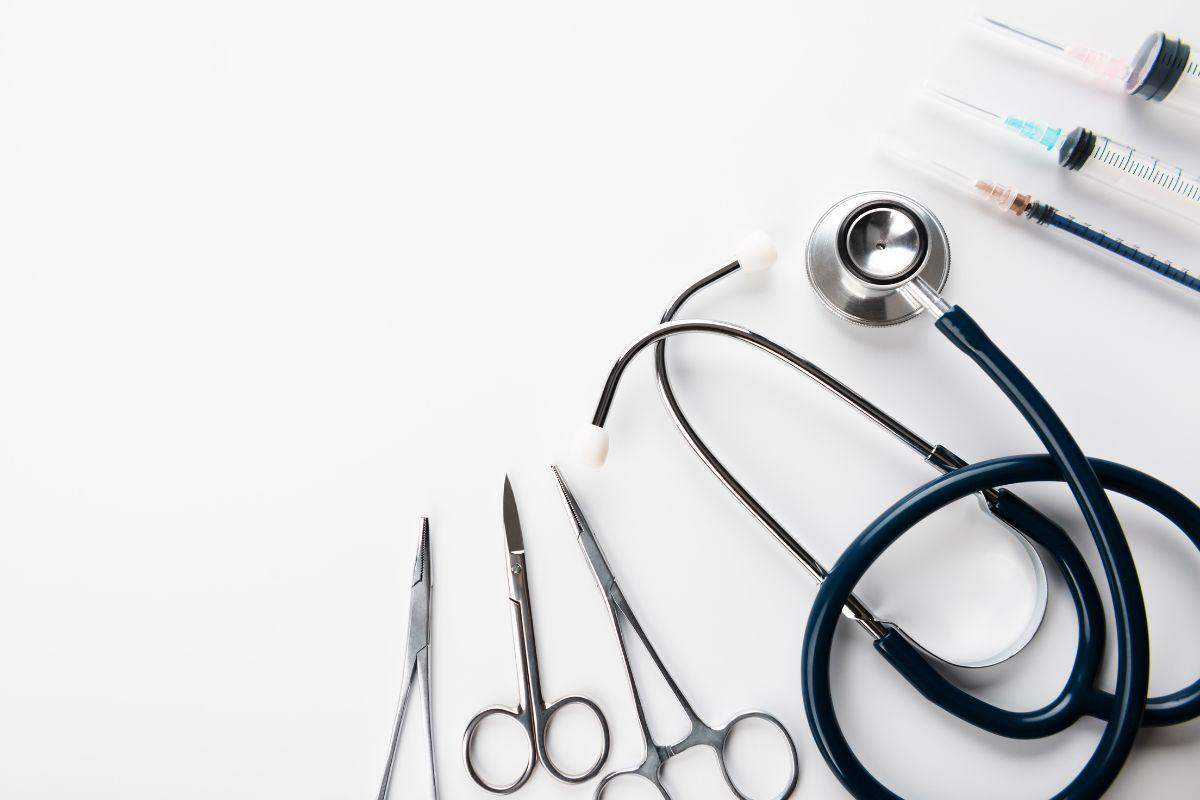Recovery is one of the most important and often most worrying parts of having surgery. Many patients focus on the procedure itself, but what happens afterward plays a crucial role in how well and how quickly you heal.
ERAS, which stands for Enhanced Recovery After Surgery, is a modern, evidence-based approach that helps patients recover faster, experience less pain, and get back to normal life sooner.
Doctify connects patients with experienced general surgeons and surgical teams who follow ERAS principles to deliver safer, more comfortable, and efficient recoveries.
What Is ERAS?
Enhanced Recovery After Surgery (ERAS) is a multidisciplinary care pathway designed to improve patient outcomes before, during, and after surgery. It takes a proactive, structured approach to help the body recover naturally and reduce surgical stress.
Unlike traditional recovery methods that relied heavily on long hospital stays and delayed eating or movement, ERAS focuses on:
- Early mobility and nutrition
- Optimised pain control
- Active patient participation in their own recovery
Developed through extensive research, ERAS protocols are now widely adopted across the NHS and international surgical centres.
Key principles of ERAS
ERAS is based on coordinated care across three main stages of the surgical journey:
1. Preoperative Preparation
- Patients receive education on what to expect and how to prepare.
- Medical conditions are reviewed and optimised before surgery.
- Lifestyle advice may include quitting smoking, improving nutrition, and staying active.
2. Intraoperative Management
- Surgeons use minimally invasive techniques to reduce tissue damage.
- Anaesthetists carefully manage temperature, fluids, and pain relief to limit stress on the body.
- Tailored anaesthesia and fluid therapy support faster wake-up and stability after the operation.
3. Postoperative Care
- Patients are encouraged to eat, drink, and move as early as possible.
- Early discharge planning ensures continued support and recovery at home.
Each ERAS plan is highly individualised, tailored to the patient’s health, type of surgery, and recovery goals.
How ERAS Improves Recovery
ERAS programs have transformed surgical care, helping patients recover faster and more confidently. Key benefits include:
- Shorter hospital stays: Patients often return home earlier thanks to faster recovery milestones.
- Fewer complications: Early movement and better pain control lower the risks of infections and blood clots.
- Faster return to normal life: Improved strength and energy levels help people regain independence sooner.
- Better overall well-being: The holistic approach addresses both physical and emotional recovery.
Research shows that ERAS can significantly reduce readmission rates while improving patient satisfaction.
What Patients Can Expect Before Surgery
Preparation begins well before the operation. Your GP or surgical team will explain the ERAS plan in detail and provide clear guidance on what to do in the days leading up to surgery.
This may include:
- Nutrition and hydration advice
- Breathing and mobility exercises
- Adjustments to regular medications
Feeling informed and prepared helps reduce anxiety and leads to smoother recovery after surgery.
During and Immediately After Surgery
During surgery, the team follows ERAS principles to minimise the body’s stress response. Surgeons aim to reduce tissue trauma and blood loss, while anaesthetists provide targeted pain control that avoids excessive use of opioids.
After the operation, patients are encouraged to sit up, drink fluids, and move gently within a few hours. These early steps promote circulation, reduce the risk of complications, and help the bowels start working normally again.
Recovery at Home: Continuing ERAS Principles
The ERAS approach continues long after discharge. Patients are guided on how to care for themselves safely and confidently at home:
- Follow medical advice for wound care and activity levels
- Eat small, protein-rich meals to aid healing
- Stay well hydrated
- Take prescribed medications as needed
- Attend all scheduled follow-up appointments to track progress
This structured home recovery plan ensures patients stay engaged and supported even outside the hospital.
Who Benefits Most from ERAS
ERAS protocols are suitable for a wide range of surgeries, including colorectal, gynaecological, orthopaedic, and general procedures.
They are especially beneficial for people who:
- Want to minimise hospital time
- Need to return to work or family duties quickly
- Wish to reduce postoperative risks and improve recovery quality
Your surgeon or GP can assess whether ERAS is appropriate for your surgery and health condition.
When to Contact Your Surgical Team
Although ERAS supports faster recovery, it is important to stay alert for warning signs that need medical review. Contact your care team if you notice:
- Persistent fever or redness around the incision
- Increasing pain or swelling
- Difficulty eating, drinking, or moving despite following guidance
ERAS programs include close communication and support even after discharge, ensuring patients feel safe and monitored throughout their recovery.
Conclusion
ERAS represents a major step forward in surgical care, focusing on patient empowerment, teamwork, and evidence-based recovery. With thoughtful preparation, modern pain management, and active involvement, most patients recover more quickly and comfortably than ever before.
If you are preparing for surgery, consider finding a general surgeon or hospital that follows ERAS protocols. Use Doctify to connect with trusted specialists who can guide you through every stage of your operation and recovery.
Find the right specialist for you. Doctify uses verified reviews so you can make the best decision for your healthcare.

Find the best general surgeons in the United Kingdom, or search for trusted experts globally:
- General surgeons in Ireland
- General surgeons in Australia
- General surgeons in the United Arab Emirates
- General surgeons in Germany
Medically Reviewed
Last reviewed on 14/11/2025




